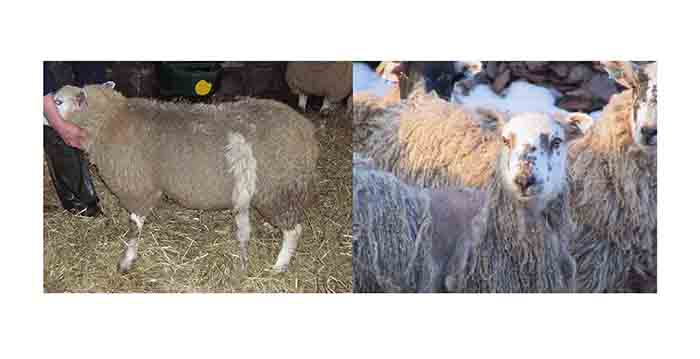Farmers need to assume all bought in sheep have scab and treat accordingly as anecdotal cases reach an all time high, warns a leading independent sheep expert.
Lesley Stubbings of SCOPS says the risk from scab is huge and at a ‘tipping point’ with the increase in movements seen during the autumn and winter adding more risk to the year-round problem.
Sheep scab is caused by an infection with the mite Psoroptes ovis, but it can take weeks or even months before clinical signs are obvious, so farmers cannot tell just by looking at a sheep whether it is infected or not.
Ms Stubbings said: “If you are buying in sheep or they have come into contact with sheep of an unknown scab status then you must assume they have it.”
Sheep scab is endemic within the UK with figures suggesting between 7-10,000clinical cases a year at an estimated cost of £12-18a ewe. However, Ms Stubbings believes the figure is a lot higher as she has seen more cases in the last 12 months than ever.
“This is the worst year that I have known. Our local mobile sheep dipper is run off his feet,” she said.
“Part of this could be that endemically infected flocks may not have clinical signs and they do not realise that scab is still active in their sheep so they are not controlling it. It could also be associated with resistance to some injectables.”


